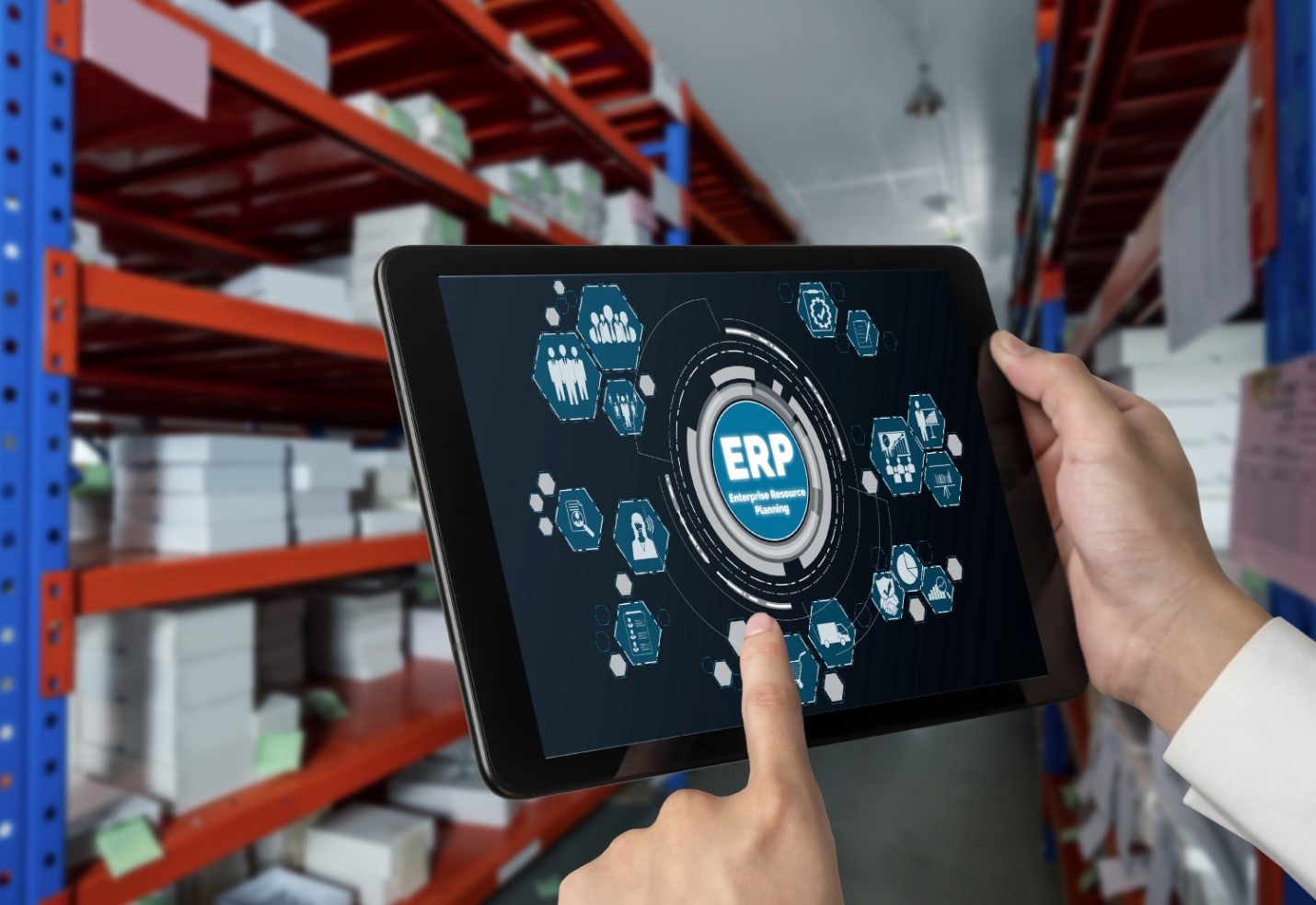Streamline Your Operations with ERP for Inventory Management
Managing inventory can be hard if you don’t have the right tools. Mistakes like running out of stock or having too much can cost you time and money. ERP for inventory management helps by keeping everything organized. It shows you exactly how much stock you have, where it is, and when you need more. This system makes managing inventory simple and saves time.
ERP stands for Enterprise Resource Planning. It connects all parts of your business, so everything works together. From tracking orders to organizing stock, an ERP system can make your business run smoothly.
What Does ERP Do for Inventory Management?
ERP systems are designed to make inventory tasks easier. They track stock in real-time, automate tasks, and keep all your data in one place.
Key Features of ERP for Inventory:
- Real-Time Tracking: Know exactly what is in stock and where it’s located.
- Automatic Updates: The system updates stock levels when items are received, sold, or used.
- Reordering Made Easy: Set alerts to reorder items before you run out.
- Integration with Other Tools: Connect your inventory with sales, accounting, and production to keep everything aligned.
Why Is ERP Important for Inventory Management?
Using ERP for inventory management is not just about tracking stock. It helps your business avoid common problems like running out of products or holding too much inventory.
Benefits of ERP for Inventory Management:
- Prevent Stockouts: Get alerts when items are running low, so you never run out.
- Avoid Overstocking: Keep only what you need, saving space and money.
- Save Time: Automate tasks like counting stock and tracking orders.
- Better Decisions: Use real-time data to make smart choices about buying and selling.
How Cloud Enterprise Resource Planning Makes Things Easier
Many businesses now use cloud enterprise resource planning to manage their inventory. Cloud ERP systems store data online, so you can access it from anywhere.
Benefits of Cloud ERP:
- Work from Anywhere: Access your system from the office, home, or while traveling.
- Save Money: No need for expensive servers or IT support. The cloud takes care of it.
- Team Collaboration: Employees at different locations can work on the same data without delays.
- Data Security: Cloud systems use advanced security to keep your information safe.
Solving Common Inventory Problems with ERP
Inventory problems like lost stock, slow updates, or delayed orders can hurt your business. ERP systems fix these issues with smart features that make managing stock simple and accurate.
Features That Help Solve Inventory Problems:
- Warehouse Maps: See where items are stored in your warehouse at a glance.
- Automatic Notifications: Get alerts when stock is low or needs to be reordered.
- Accurate Tracking: Track every item as it moves through your supply chain.
Why Upgrade to Modern ERP Systems?
If you are still using old systems like MS Access or Visual FoxPro, it might be time to switch to a modern ERP system. New ERP systems are faster, more secure, and easier to use.
Why Switch?
- Better Data Access: Get real-time updates from anywhere with a cloud-based system.
- Improved Security: Modern systems protect your data better than older ones.
- Scalability: As your business grows, your ERP system can grow with it.
Customizing ERP for Your Business
Every business is different, and one system doesn’t fit all. Custom ERP solutions let you add the features you need and remove the ones you don’t.
Benefits of Customization:
- Tailored Features: Add tools that match how your business works.
- Easy to Use: Make the system simple for your team to use.
- Flexible Growth: Update and expand the system as your business grows.
How ERP Helps Your Whole Business
ERP systems do more than just track inventory. They connect your inventory with other parts of your business, like sales and production. This makes everything work better together.
Extra Benefits of ERP:
- Faster Operations: Automate tasks and reduce delays between departments.
- Smarter Planning: Use real-time data to forecast sales and manage resources.
- Happier Customers: Deliver products on time and keep your customers informed.
Why Your Business Needs ERP for Inventory Management
Inventory management is a big part of running a successful business. With an ERP system, you can manage stock more easily, avoid mistakes, and save money. Whether you want to track stock better or connect your inventory to sales and accounting, ERP is the right choice.
Using ERP for inventory management or switching to a cloud enterprise resource planning system can make your business more efficient and ready to grow. Talk to an expert like The Farber Consulting Group, Inc. to find out how ERP can help your business today!










Post Comment